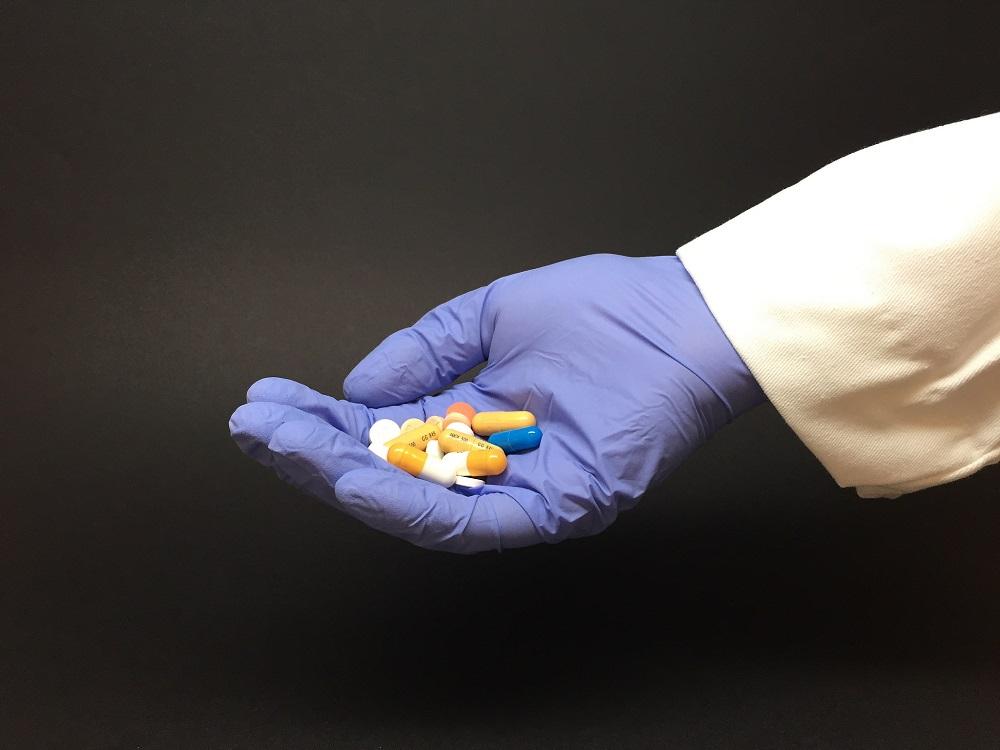Part of the continuing efforts to find the cure for cancer, a team of researchers has developed an antibody-drug that attacks fatal tumors from the inside. Because of how the drug works, it is being likened to a Trojan horse medication for cancer.
It was recently reported that the new drug, called the tisotumab vedotin or TV, releases a toxic substance inside the tumor-killing the cancer cells from the inside, thus, the Trojan horse moniker. The study, funded by Genmab and Seattle Genetics, was recently published on the Lancet Oncology and reported that six cancer patients with advanced stages of tumors on the ovary, bladder, lungs, and cervix have responded positively to the drug.
Researchers from The Institute of Cancer Research, London and The Royal Marsden NHS Foundation Trust have started the phase I/II global clinical trial on around 150 participants. Testing for the antibody-drug, particularly on cervical cancer patients, has also advanced to phase II.
Reports from The Institute of Cancer Research, London confirm that TV appeared most effective on bladder cancer as 27 percent of the participants with this cancer type showed positive responses. Meanwhile, the drug also showed promising results on 26.5 percent with cervical cancer, 14 percent with ovarian cancer, 13 percent with esophageal cancer, 13 percent with non-small cell lung, and 7 percent with endometrial cancer. However, none of the male patients with prostate cancer were responding well with the potential cancer cure.
Patients’ positive response to the drug lasted for 5.7 months on average with some of them having experienced as long as 9.5 months. The TV is still far from being an official cancer cure. Researchers have also observed various side effects from the drug intake including fatigue, nausea, and nose bleeding.
There was also reported eye-related problems that affected patients from taking TV but it was minimized along the way as the researchers adjusted the drug’s composition. “TV has manageable side effects, and we saw some good responses in the patients in our trial, all of whom had late-stage cancer that had been heavily pre-treated with other drugs and who had run out of other options,” Institute of Cancer Research, London’s Regius Professor of Cancer Research, Professor Johann de Bono, said in a statement.



 Neuralink Expands Brain Implant Trials with 12 Global Patients
Neuralink Expands Brain Implant Trials with 12 Global Patients  NASA Resumes Cygnus XL Cargo Docking with Space Station After Software Fix
NASA Resumes Cygnus XL Cargo Docking with Space Station After Software Fix  Trump and Merck KGaA Partner to Slash IVF Drug Costs and Expand Fertility Coverage
Trump and Merck KGaA Partner to Slash IVF Drug Costs and Expand Fertility Coverage  SpaceX Starship Explodes in Texas During Test, Citing Nitrogen Tank Failure
SpaceX Starship Explodes in Texas During Test, Citing Nitrogen Tank Failure  Cogent Biosciences Soars 120% on Breakthrough Phase 3 Results for Bezuclastinib in GIST Treatment
Cogent Biosciences Soars 120% on Breakthrough Phase 3 Results for Bezuclastinib in GIST Treatment  SpaceX’s Starship Completes 11th Test Flight, Paving Way for Moon and Mars Missions
SpaceX’s Starship Completes 11th Test Flight, Paving Way for Moon and Mars Missions  FDA Pilot Program Eases Rules for Nicotine Pouch Makers
FDA Pilot Program Eases Rules for Nicotine Pouch Makers  Astronomers have discovered another puzzling interstellar object − this third one is big, bright and fast
Astronomers have discovered another puzzling interstellar object − this third one is big, bright and fast  Trump Administration to Launch Autism Initiatives Targeting Acetaminophen Use and New Treatment Options
Trump Administration to Launch Autism Initiatives Targeting Acetaminophen Use and New Treatment Options  Tabletop particle accelerator could transform medicine and materials science
Tabletop particle accelerator could transform medicine and materials science  Neuren Pharmaceuticals Surges on U.S. Patent Win for Rare Disorder Drug
Neuren Pharmaceuticals Surges on U.S. Patent Win for Rare Disorder Drug  NASA Astronauts Wilmore and Williams Recover After Boeing Starliner Delay
NASA Astronauts Wilmore and Williams Recover After Boeing Starliner Delay  Eli Lilly’s Inluriyo Gains FDA Approval for Advanced Breast Cancer Treatment
Eli Lilly’s Inluriyo Gains FDA Approval for Advanced Breast Cancer Treatment 































